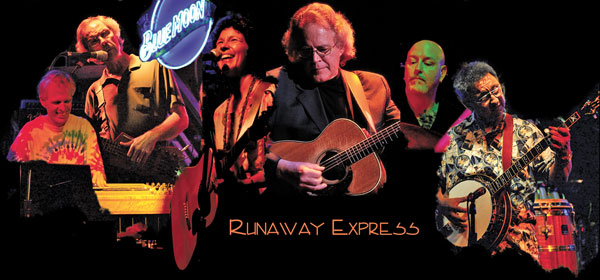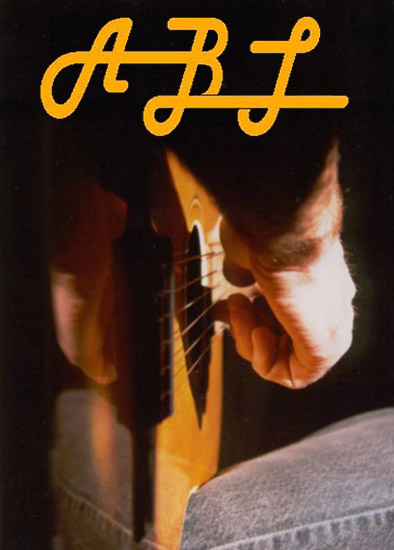|
Column Archive |
||
February, 2007 |
"The Future of Music Part I " |
by Webmaster |
|
I am getting old. There's no question about it. I've got gray hair, age spots and wrinkles, and a lot of stories to bore people with. I bought a ION USB turntable and it's my dream to take all my vinyl LP's (yes, shelves of them) and my casettes (oh, the shame!) and covert them to CDs. And CDs already obsolete. Sigh. So, where is the music industry going? According to David Byrne, in "The Fall and Rise of Music," Wired Magazine, Jan 2008, almost 50% of the music sold will be digital download by 2012. The potential for a performing musician / songwriter to make money is greater in a digital market. With today's home studios, a good recording can be made for a lot less than it used to be. Without the packaging, the cost to produce a "CD" is negligible. And, there are online services that will, for a minimum fee, accept digital CDs, and sell them by track or by CD. If the musician / songwriter keeps both the songwriting royalties and song publishing royalties, the profit from the sale of the CD has the potential to be far greater than if it was released in the old-fashioned way and marketed by a big record label. So, the music becomes available to a far greater audience and the musician / songwriter makes money? Sounds like a future too good to be true. There must be a down-side. The potential to make a lot of money assumes the musician / songwriter knows how to market the songs. If no one knows about the performer or the songs, no one will download the music. 100% of no sales is not more than 10-14% of a lot of sales by a record label. Not all musician / songwriters have recording contracts, so for the indie artist, this is not an issue. Another down side is the quality of the music. All music is composed of various wave lengths. When it is compressed, some of those wave lengths are lost. Even when music is compressed into wave files, it loses some of its qualities. When it is compressed into an .MP3 file, more is lost because the compression is greater. So, we work hard in the studio to record all the instruments and mix it into a pleasing blend, from the bass on the bottom to the highest notes of the lead instruments. Then we compress it for digital storage and download efficiency, and those lows and highs and some of the middles are lost. Jim Ratts of Runaway Express The quality of the sound is tremendously more with a CD than a vinyl LP. That's apparent when the two are played through the same amplifier and speakers. With ear buds, there is an illusion that the quality of sound is better. Because of the ear buds, we hear more detail in the music. But, if the music file is compressed, we don't hear the full sound. It was lost in the compression. If the music was recorded in a home studio, the quality of the recording may not be as good as it would be in a good studio. That probably doesn't matter if the music is going to be compressed and sold digitally. While I applaud a future that allows musician / songwriters more creative control over their songs, and more profit from the sale of their songs, I am concerned about a future where the music experience consists mainly of compressed music files. Some things are gained and some things are lost. Thanks to Bob Turner for lending me the Jan 2008 issue of Wired magazine. Thanks for visiting AcousticByLines.com. |
|||
| TOP | |||

 , owner and recording engineer of Raven studios
in Englewood CO, as well as a performing musician / songwriter, believes
that listening extensively to compressed music files not only robs the
listener of the full sound of the music but could be potentially damaging
to the listener. We're not talking about the dangers of ear buds, etc.
We're talking about the ears and brain losing the ability to process
all wave lengths of sound because the "muscles" for the missing
wave lengths atrophy. Use it or lose it.
, owner and recording engineer of Raven studios
in Englewood CO, as well as a performing musician / songwriter, believes
that listening extensively to compressed music files not only robs the
listener of the full sound of the music but could be potentially damaging
to the listener. We're not talking about the dangers of ear buds, etc.
We're talking about the ears and brain losing the ability to process
all wave lengths of sound because the "muscles" for the missing
wave lengths atrophy. Use it or lose it. 